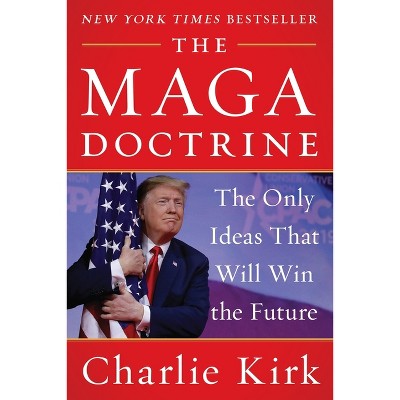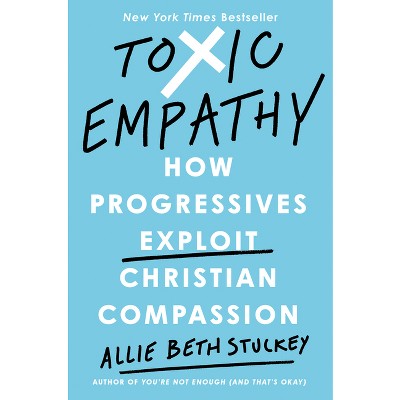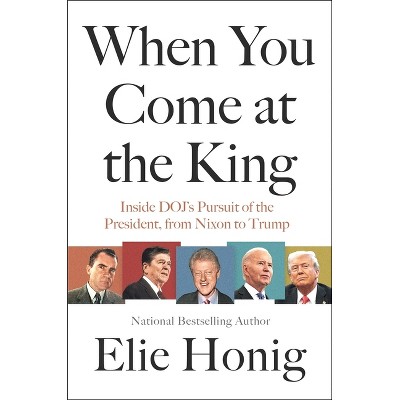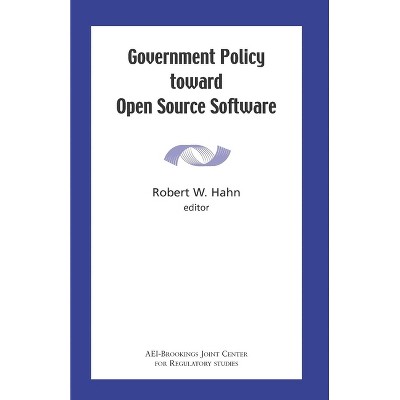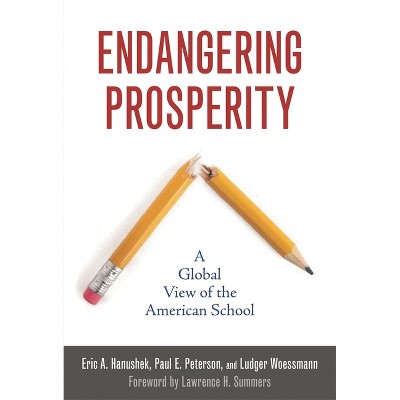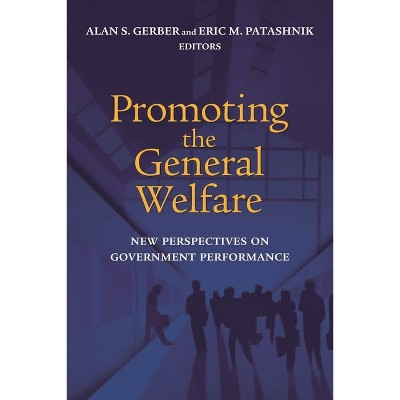About this item
Highlights
- "During the past decade, dozens of large cities lost population as jobs and people kept moving to the suburbs.
- About the Author: Pietro S. Nivola is a vice president of the Brookings Institution, where he is the director of Governance Studies.
- 234 Pages
- Political Science, Public Policy
Description
About the Book
"During the past decade, dozens of large cities lost population as jobs and people kept moving to the suburbs. Despite widespread urban revitalization and renewal, one fact remains unmistakable: when choosing where to live and work, Americans prefer the suburbs to th...
Book Synopsis
"During the past decade, dozens of large cities lost population as jobs and people kept moving to the suburbs. Despite widespread urban revitalization and renewal, one fact remains unmistakable: when choosing where to live and work, Americans prefer the suburbs to the cities. Many underlying causes of the urban predicament are familiar: disproportionate poverty, stiff city tax rates, and certain unsatisfactory municipal services (most notably, public schools). Less recognized is the distinct possibility that sometimes the regulatory policies of the federal government--the rules and rulings imposed by its judges, bureaucrats, and lawmakers--further disadvantage the cities, ultimately burdening their ability to attract residents and businesses. In Tense Commandments, Pietro S. Nivola encourages renewed reflection on the suitable balance between national and local domains. He examines an array of directive or supervisory methods by which federal policymakers narrow local autonomy and complicate the work urban governments are supposed to do. Urban taxpayers finance many costly projects that are prescribed by federal law. A handful of national rules bore down on local governments before 1965. Today these governments labor under hundreds of so-called unfunded mandates. Federal aid to large cities has lagged behind a profusion of mandated expenditures, at times straining municipal budgets. Apart from their fiscal impacts, Nivola argues, various federal prescriptions impinge on local administration of routine services, tying the hands of managers and complicating city improvements. Nivola includes case studies of six cities: Baltimore, Philadelphia, New York, Chicago, San Francisco, and Los Angeles. He describes the ""politics of paternalism,"" the political pressures that federal regulations place on governance. Then he offers comparisons with various political systems abroad, including Germany, the U.K., France, and Italy. As the nation and its cities brace f"
Review Quotes
.".. a impressive and quite thoughtful survey and analysis of the modern-day phenomenon of exodus from city life to the suburbs, in spite of ongoing and often expensive efforts at urban revitalization.... a strongly recommended addition to Urban Studies reference collections and supplemental reading lists." -- "Midwest Book Review", 1/1/2003
.".. well documented study of how federal institutions in the United States have imposed regulations on state and local governments over the last 40 years.... His book provides further evidence of the ability of central governments, legislatures and courts to impose, almost by stealth, burdens and norms on sub-national governments." --Mike Goldsmith, University of Salford, "Blackwell Publishing Ltd. Book Reviews", 1/1/2003
"In "Tense Commandments", Pietro Nivola provides a brief but deeply informed overview of modern regulatory federalism, or unfunded mandates." --Alan Altshuler, Harvard University, "Journal of the American Planning Association", 9/1/2003
"This valuable commentary on contemporary federalism and intergovernmental policy is well documented... Highly recommended." --W.C. Johnson, Bethel College (MN), "CHOICE", 6/1/2005
About the Author
Pietro S. Nivola is a vice president of the Brookings Institution, where he is the director of Governance Studies. Among his previous books are "Tense Commandments: Federal Prescriptions and City Problems" (Brookings, 2002) and "Agenda for the Nation," coedited with Henry J. Aaron and James M. Lindsay (Brookings, 2003).
Shipping details
Return details
Trending Current Affairs & Politics


